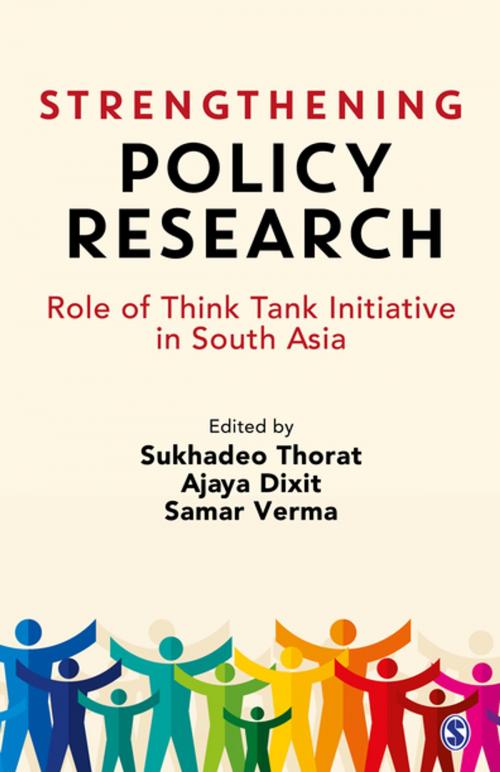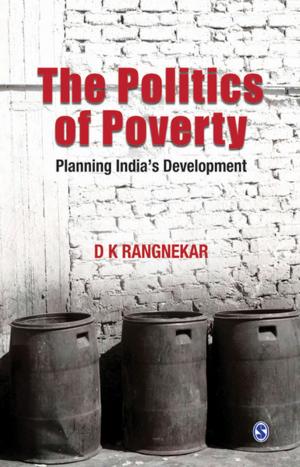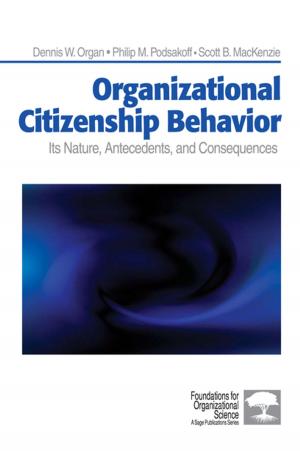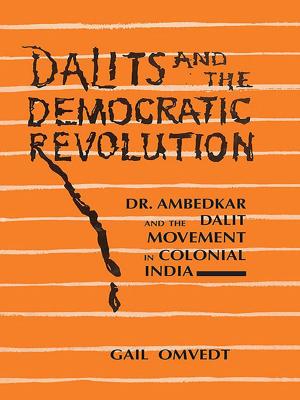Strengthening Policy Research
Role of Think Tank Initiative in South Asia
Nonfiction, Social & Cultural Studies, Political Science, Government, Public Affairs & Administration, Public Policy| Author: | ISBN: | 9789353282172 | |
| Publisher: | SAGE Publications | Publication: | March 26, 2019 |
| Imprint: | Sage Publications Pvt. Ltd | Language: | English |
| Author: | |
| ISBN: | 9789353282172 |
| Publisher: | SAGE Publications |
| Publication: | March 26, 2019 |
| Imprint: | Sage Publications Pvt. Ltd |
| Language: | English |
Strengthening Policy Research: Role of Think Tank Initiative in South Asia is a vivid presentation of the diverse journeys of think tanks under the aegis of the Think Tank Initiative (TTI) programme managed by the International Development Research Centre in South Asia. The book extensively discusses the three areas of TTI support to strengthen think tanks, viz., organizational performance, research quality and policy engagement. It emphatically demonstrates the crucial role of long-term core support in strengthening think tanks for more rigorous research quality as the basis for public policymaking. It presents a rich tapestry of complex pathways that each think tank adopts to engage in policy outreach in their respective domains. The book makes a strong, evidence-based case on how even limited yet assured funding to think tanks leads to enhanced organizational capacities for good quality research, effective policy outreach and improved sustainability. It firmly puts forth the view that governments need to work jointly with private funding organizations to strengthen think tanks, which is in the best interest of evidence-informed and effective public policy-making.
Strengthening Policy Research: Role of Think Tank Initiative in South Asia is a vivid presentation of the diverse journeys of think tanks under the aegis of the Think Tank Initiative (TTI) programme managed by the International Development Research Centre in South Asia. The book extensively discusses the three areas of TTI support to strengthen think tanks, viz., organizational performance, research quality and policy engagement. It emphatically demonstrates the crucial role of long-term core support in strengthening think tanks for more rigorous research quality as the basis for public policymaking. It presents a rich tapestry of complex pathways that each think tank adopts to engage in policy outreach in their respective domains. The book makes a strong, evidence-based case on how even limited yet assured funding to think tanks leads to enhanced organizational capacities for good quality research, effective policy outreach and improved sustainability. It firmly puts forth the view that governments need to work jointly with private funding organizations to strengthen think tanks, which is in the best interest of evidence-informed and effective public policy-making.















